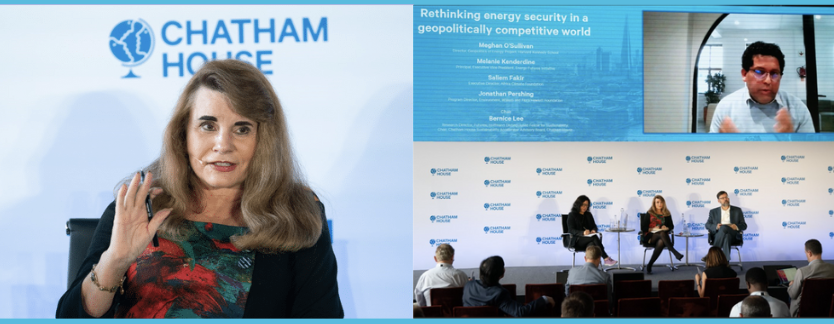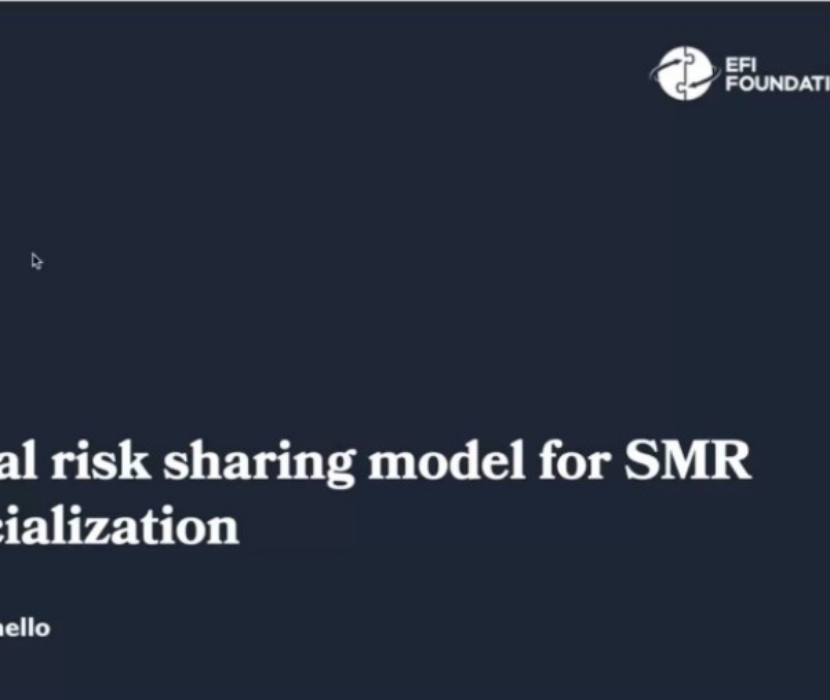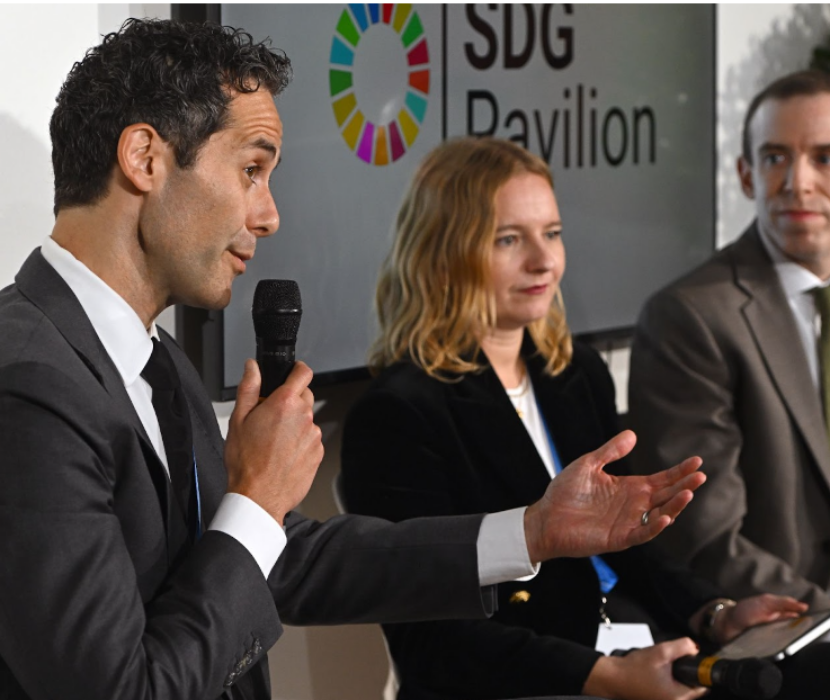
On June 23, EFI Principal Melanie Kenderdine participated in a panel discussion at the Chatham House London Conference on rethinking energy security in a geopolitically competitive world. Panelists assessed how to make energy systems both more secure and more environmentally sustainable.
“It’s imperative that we recognize that both the clean energy transition that we’re all supporting… and energy security concerns must be part of the same conversation,” Kenderdine said.
Kenderdine and the panelists discussed how Russia’s invasion of Ukraine has led to a rapid recalculation of energy security strategies, particularly by energy import-dependent countries. Many of these countries are seeking to increase their imports of U.S. natural gas to decrease their reliance on Russian imports. Kenderdine said it is because of U.S. energy policy and technology development that shale gas has emerged and dominated in the United States in recent decades.
“What the shale gas revolution did was it gave the United States an incredibly valuable geostrategic position that we are seeing today in the dispute with Russia and Ukraine,” she said.
Kenderdine highlighted an often-overlooked solution to energy insecurity—energy conservation. “When the Department of Energy in the U.S. was founded, it was about conservation. You can have the most efficient economy in the world and still use more energy,” she said, and emphasized that the current focus should be on, “how we can conserve energy and not use it.”
On the rapidly evolving energy transition, panelists discussed the scope of net-zero targets and their geopolitical impact. “We have to be very cognizant of our contribution in the United States and the developed world to the problem of climate change,” said Kenderdine. “We need to be working and helping other countries if we are going to reach all of these net-zero targets.”
She added to other panelists’ sentiments on the social impact of the transition and a warming climate. She emphasized that the United States has an important role in working and helping other countries reach their own net-zero targets.
To learn more about EFI’s work on understanding and addressing energy security challenges, read our March 2022 report: Energy Security and Economic Interdependence in the U.S. – Asia Relationship.
Other panelists:
- Meghan L. O’Sullivan, Director, Geopolitics of Energy Project, Harvard Kennedy School (attended virtually)
- The Right Honorable Lord Deben, Chairman, Climate Change Committee
- Saliem Fakir, Executive Director, Africa Climate Foundation
Moderator:
- Bernice Lee, Research Director, Futures at Chatham House; Hoffmann Distinguished Fellow for Sustainability; Chair, Chatham House Sustainability Accelerator Advisory Board, Chatham House
-Karla Salazar
(Share this post with others.)




